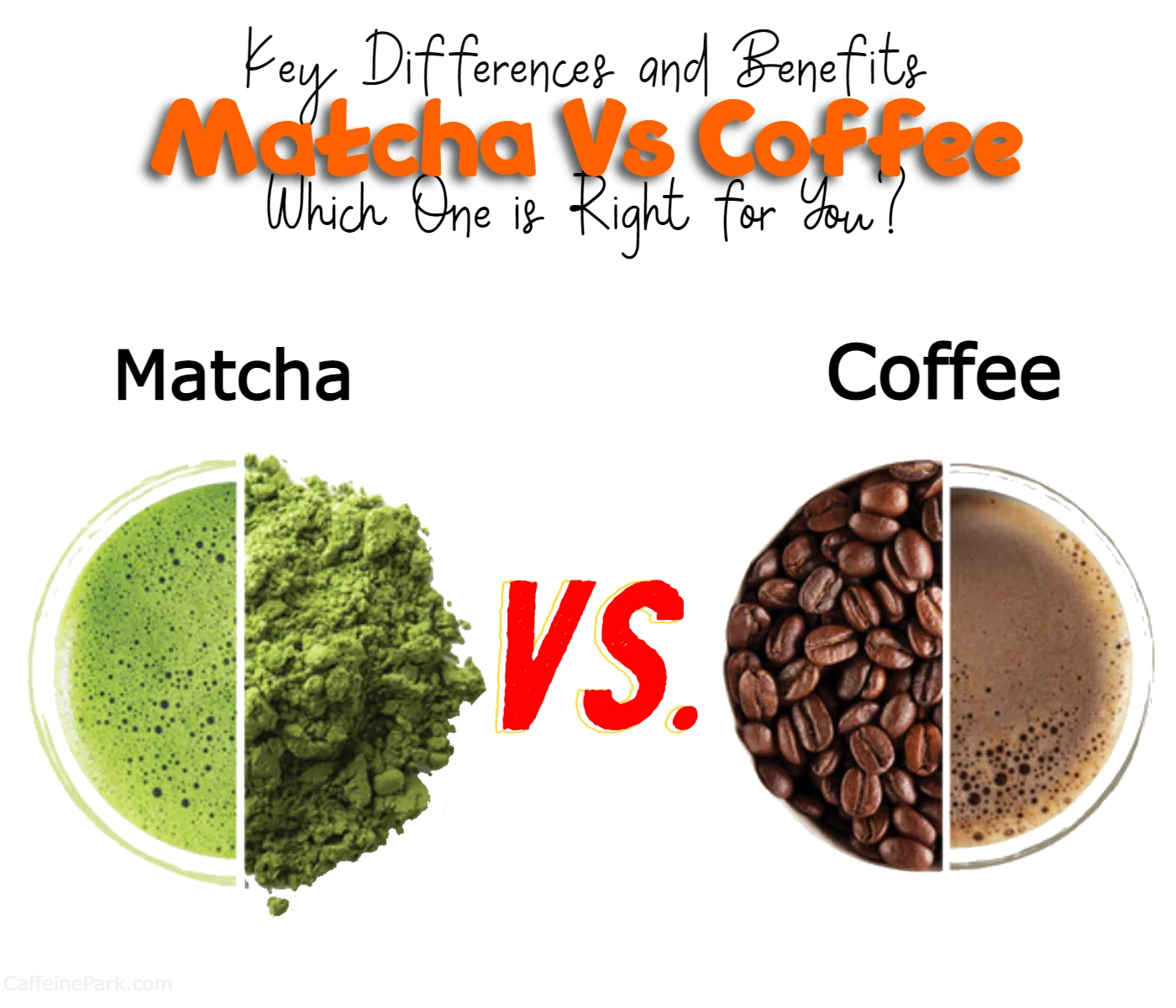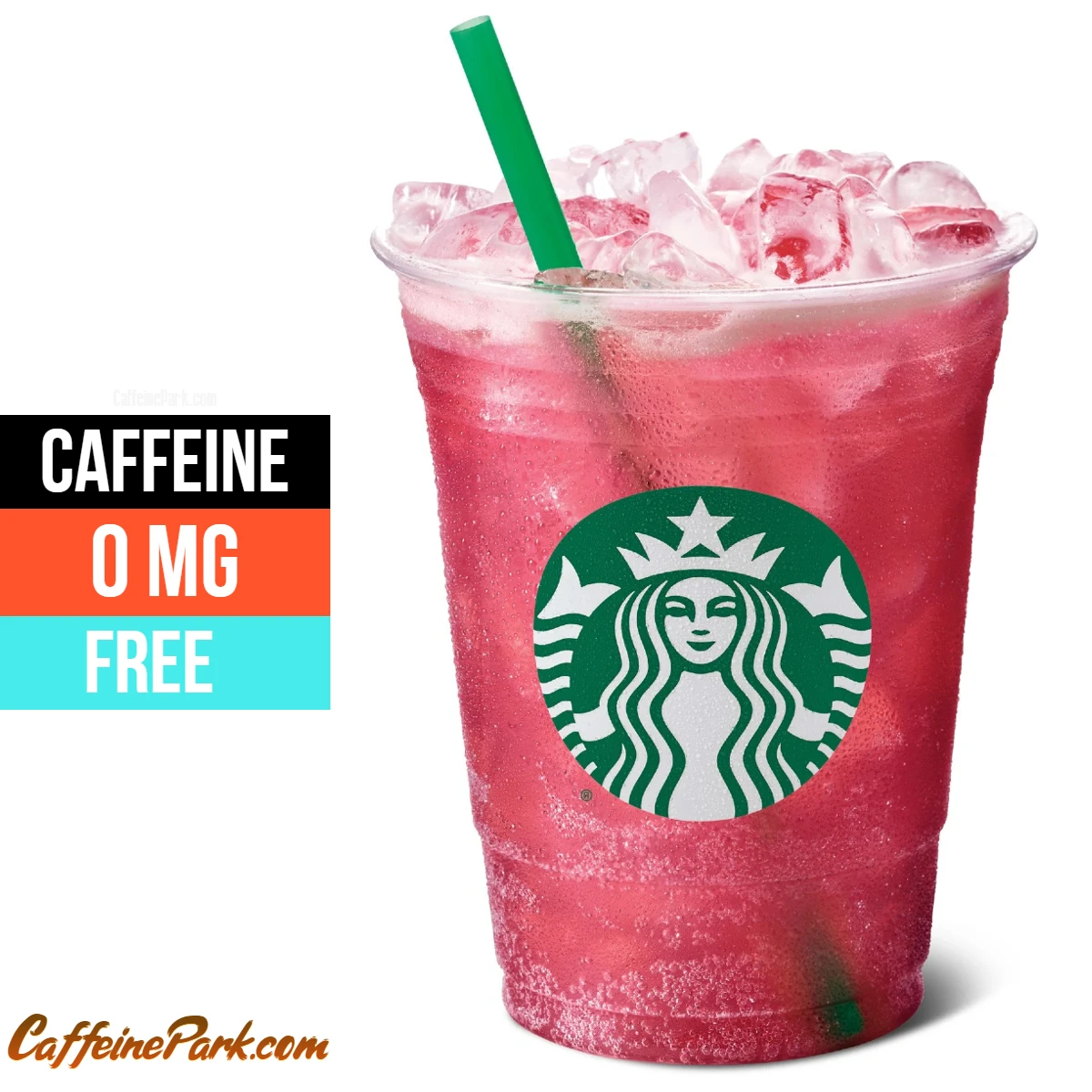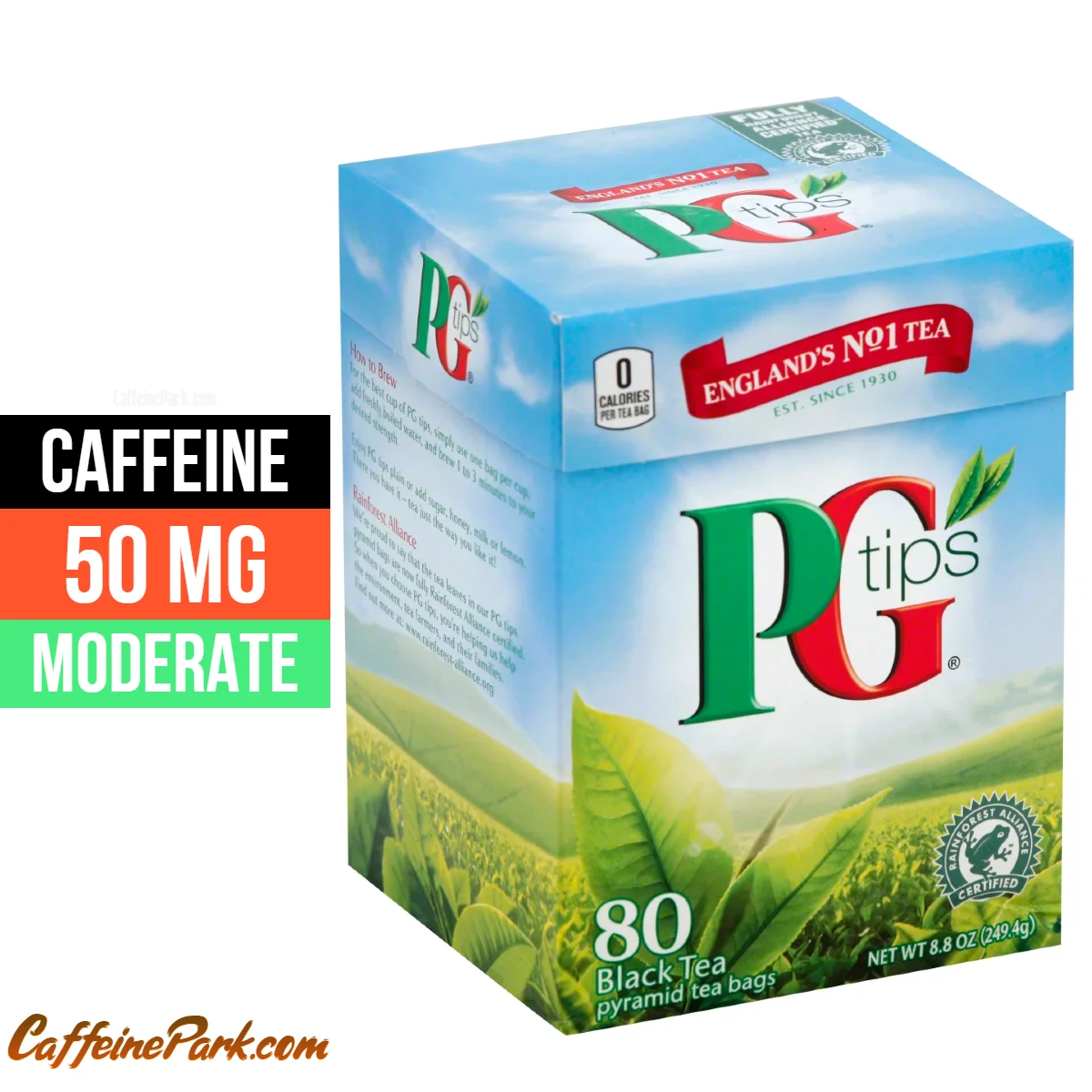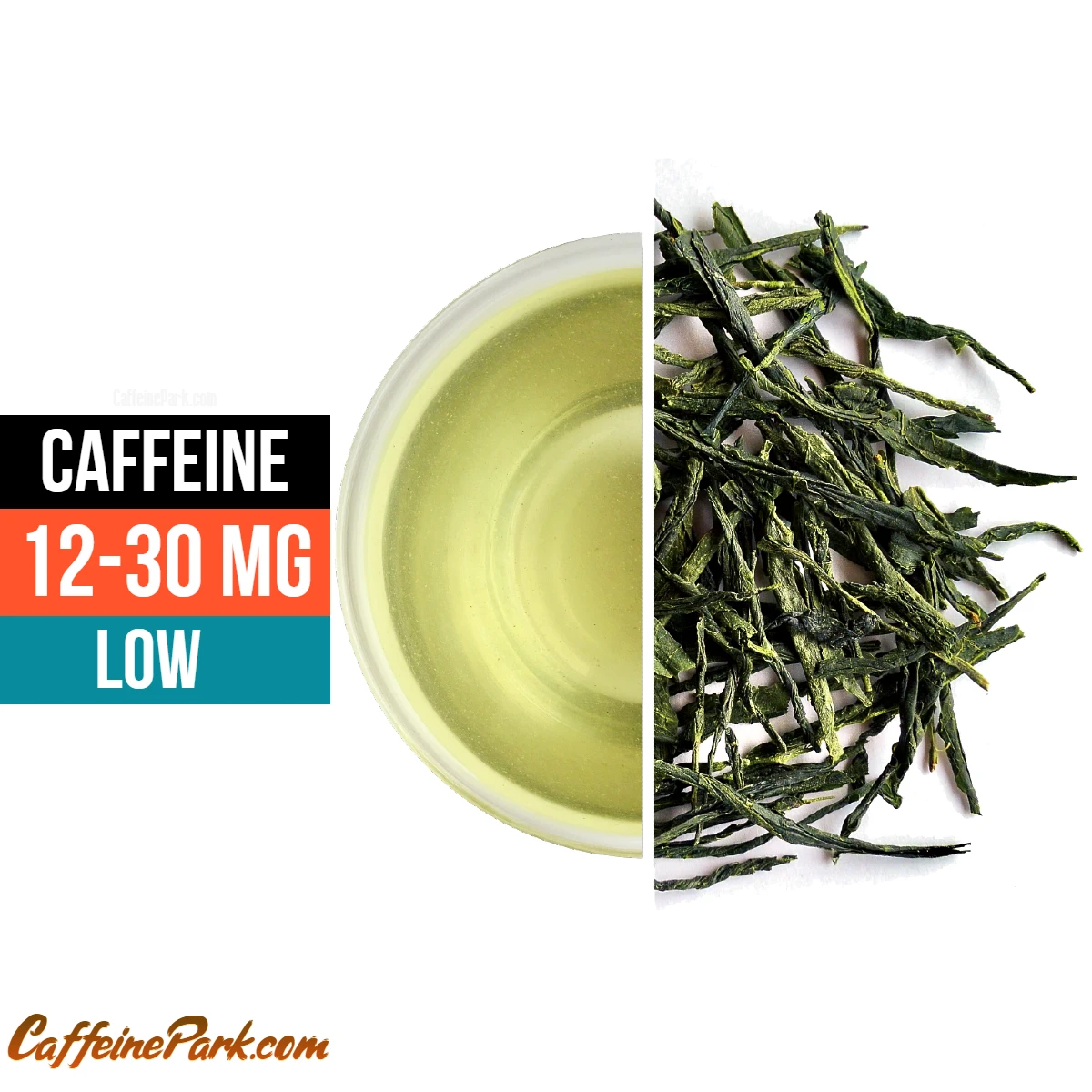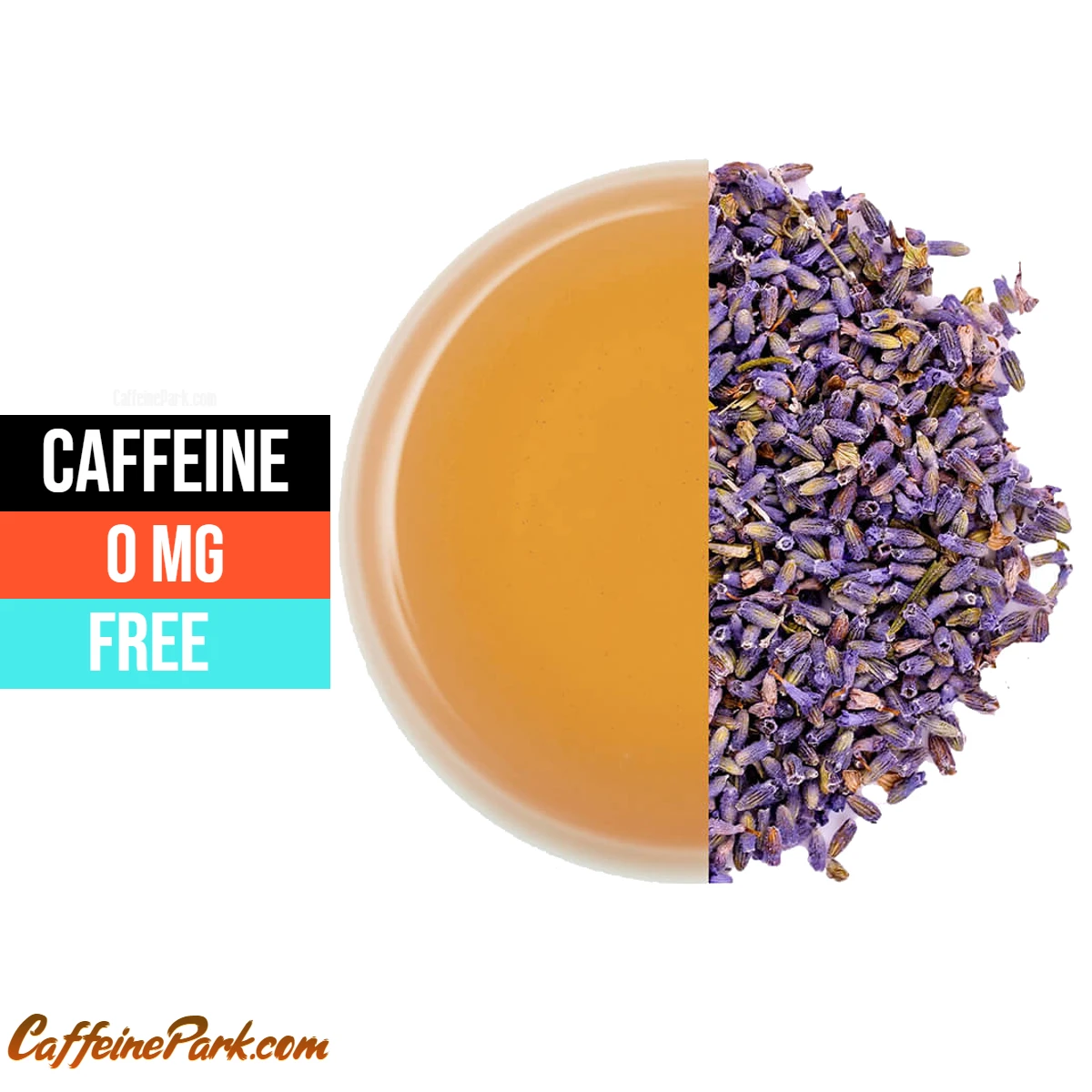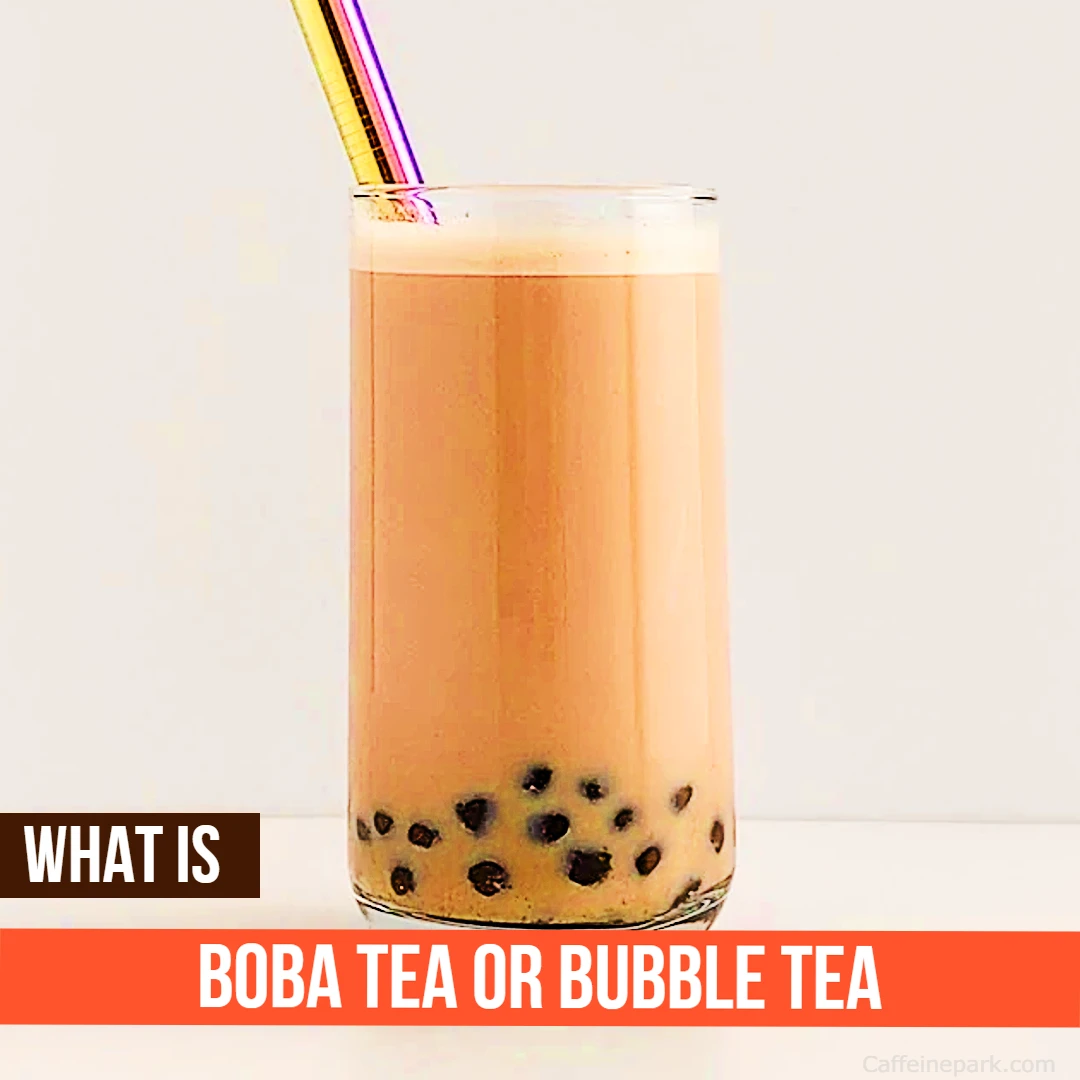Hibiscus Tea Caffeine Content
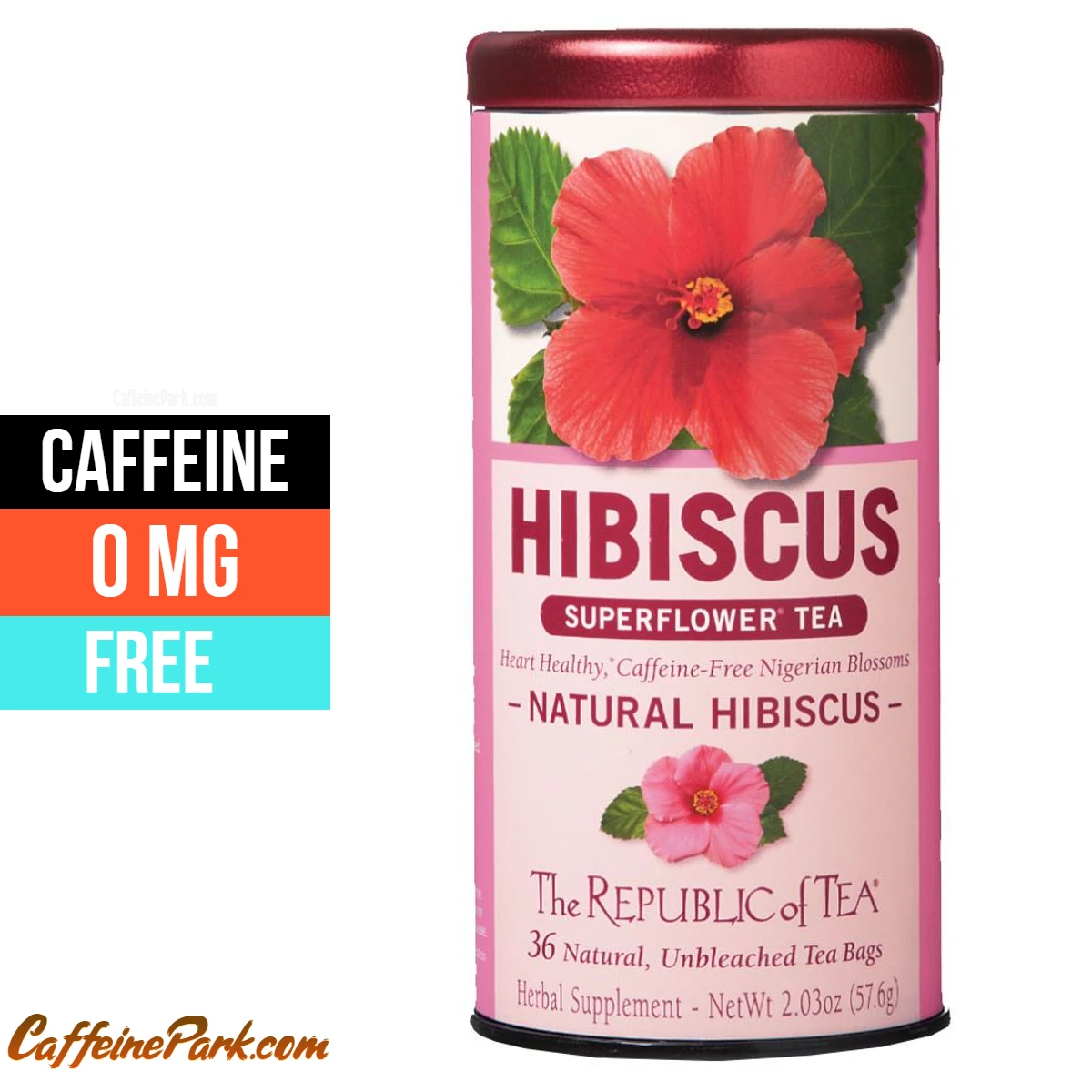
Hibiscus tea is a delicious and nutritious beverage that offers a wide range of health benefits. Its high antioxidant content, vitamin C, and mineral content make it a great choice for maintaining overall health. With its versatility and delicious taste, it’s no wonder why hibiscus tea is becoming increasingly popular among tea lovers around the world.
The hibiscus plant is native to tropical and subtropical regions, and its petals are used to make a variety of different teas. The tea is typically made by steeping the dried petals in hot water for 5-10 minutes. It has a tart, cranberry-like taste and is typically consumed hot or cold. It is known for its bright red color and strong, fruity aroma. In addition to its delicious taste, hibiscus tea offers a range of health benefits due to its high content of antioxidants, vitamins, and minerals.
In addition to being packed with antioxidants, hibiscus tea contains vitamins A and C. These vitamins are known to boost your immune system and help fight off colds, flu, and other illnesses. Hibiscus tea may also increase your body temperature if taken too frequently.
Does hibiscus tea have caffeine?
No, hibiscus tea is naturally caffeine-free. It is made from the dried petals of the hibiscus flower and does not contain caffeine.
How Much Caffeine is in Hibiscus Tea?
- Caffeine Amount: 0 mg
- Caffeine strength: Caffeine-Free
- Calories: 0 kcal
- Serving size: a cup
Hibiscus Tea: A Refreshing and Nutritious Beverage
History
Hibiscus tea has a long and rich history, with roots that can be traced back to ancient cultures around the world. The hibiscus plant is native to tropical and subtropical regions and has been cultivated for thousands of years for its medicinal and culinary uses.
In ancient Egypt, hibiscus tea was consumed for its medicinal properties and was also used in religious ceremonies. The ancient Egyptians believed that hibiscus tea had the power to soothe nerves and calm the mind.
In ancient China, hibiscus tea was used as a traditional remedy for high blood pressure and was also believed to have cooling properties that could help to reduce fever and other symptoms of illness.
In ancient Greece, hibiscus tea was used as a natural remedy for indigestion and was also believed to have aphrodisiac properties.
In Africa, hibiscus tea is known as “zobo” and is a popular drink consumed daily in many households. It is often consumed cold and sweetened with sugar or honey.
Hibiscus tea was brought to Europe by traders and colonizers in the 16th century, and it quickly gained popularity as a refreshing and flavorful beverage. Today, hibiscus tea is enjoyed around the world and is considered a healthy and delicious alternative to traditional black and green teas. It is also commonly used as a natural remedy for various health conditions.
In recent years, hibiscus tea has gained popularity in Western countries as a delicious and healthy alternative to traditional tea. Its unique flavor and vibrant color have made it a favorite among tea lovers. And with its many health benefits, it is also becoming increasingly popular among health-conscious consumers.
Taste
Hibiscus tea has a distinct, tart, and cranberry-like taste that is quite unique. It is known for its bright red color and strong, fruity aroma. The flavor profile of hibiscus tea can vary depending on the variety of hibiscus used and how it is processed. Some hibiscus teas may have a more floral or sweet taste, while others may be more tangy or sour.
The flavor of hibiscus tea can also be enhanced by adding different herbs, spices, or sweeteners. For example, adding a squeeze of lemon or lime can bring out the natural tartness of the tea, while honey or sugar can add a touch of sweetness. Some people also like to add a pinch of cinnamon or ginger to give the tea a warm, spicy flavor.
In general, hibiscus tea is considered a very refreshing and flavorful beverage, especially when served cold, and it is often used as an ingredient in various beverages and cocktails, as well as in cooking.
Health Benefits
One of the key health benefits of hibiscus tea is its high antioxidant content. Antioxidants are compounds that protect the body from damage caused by free radicals, which can lead to chronic diseases such as cancer, heart disease, and diabetes. Hibiscus tea is particularly high in anthocyanins, a type of antioxidant that gives the tea its deep red color.
Hibiscus tea is also a good source of vitamin C, which is essential for maintaining a healthy immune system. It also contains minerals such as iron, calcium, and zinc, which are important for maintaining strong bones and healthy teeth.
In addition to its antioxidant and nutrient content, hibiscus tea may also have a number of other health benefits. Some studies have found that it may help to lower blood pressure, reduce inflammation, and improve liver function. It has also been shown to have a mild diuretic effect, which can help to reduce water retention and bloating.
Side Effects
Hibiscus tea is generally considered safe to consume and is well-tolerated by most people. However, there are some potential side effects to be aware of.
- Stomach discomfort: Some people may experience stomach discomfort, bloating, or diarrhea after consuming hibiscus tea, especially if consumed in large quantities.
- Interactions with medications: Hibiscus tea can interact with certain medications, particularly blood pressure-lowering medications. It’s important to speak with a healthcare professional before consuming hibiscus tea if you are taking any medications.
- Allergic reactions: People who are allergic to the hibiscus plant may experience allergic reactions to hibiscus tea.
- Pregnancy and breastfeeding: Pregnant or breastfeeding women should avoid hibiscus tea as it may cause contractions of the uterus, which can lead to miscarriage.
- Lowering blood pressure: Although hibiscus tea may have a hypotensive effect, it can lower blood pressure too much in people with low blood pressure and those taking blood pressure-lowering medication.
It’s important to keep in mind that these side effects are rare, and hibiscus tea is considered a safe and healthy beverage when consumed in moderate amounts. If you have any concerns or experience any unusual symptoms, it’s best to speak with a healthcare professional.
Preparation and Serving Suggestions
Hibiscus tea is typically prepared by steeping dried hibiscus petals in hot water for 5-10 minutes. The tea can be enjoyed hot or cold and can be sweetened with honey or sugar if desired.
One popular way to enjoy hibiscus tea is as a cold, refreshing drink. To make a pitcher of cold hibiscus tea, simply brew a strong batch of tea using double the amount of hibiscus petals, and then let it cool to room temperature before refrigerating. Add a squeeze of lemon or lime, and sweeten to taste.
Another delicious way to enjoy hibiscus tea is by making a hot toddy. To make a hibiscus tea hot toddy, brew a cup of hibiscus tea, and then add a shot of whiskey, a tablespoon of honey, and a squeeze of lemon.
Hibiscus tea can also be used as a flavorful ingredient in cooking. It can be used to make delicious syrup for pancakes or waffles or can be added to marinades and sauces for a tangy twist.
Availability
Hibiscus tea is widely available in many different forms, including loose leaves, tea bags, and instant powder. It can be found in health food stores, supermarkets, and online retailers.
Loose-leaf hibiscus tea is considered the most premium form of tea, as it is made from whole dried hibiscus petals, preserving all the taste and nutritional value. It can be found in most health food stores and online retailers.
Tea bags are the most common form of hibiscus tea and can be found in most supermarkets, health food stores, and online retailers. These tea bags are convenient and easy to use, and they provide a quick and easy way to enjoy the tea’s flavor and health benefits.
Instant powder hibiscus tea is another form of tea that is becoming increasingly popular. It is made by finely grinding the dried hibiscus petals into a powder, which can be easily dissolved in hot or cold water. It can be found in health food stores, supermarkets, and online retailers.
In some countries, hibiscus flowers are also available fresh in local markets and can be used for making tea.
Hibiscus tea is also a popular ingredient in many different types of herbal teas and blends and can be found in many tea shops and online retailers.
Overall, hibiscus tea is widely available and can be found in many different forms, making it easy for consumers to find a form that suits their needs and preferences.
Size and Price
The size and price of hibiscus tea can vary depending on the form in which it is sold and the brand.
Loose-leaf hibiscus tea is usually sold in small quantities, usually around 4 oz (113 g) or 8 oz (226 g), and can range in price from $6 to $15, depending on the brand and quality of the tea.
Tea bags are usually sold in boxes containing anywhere from 10 to 100 tea bags. The price can range from $5 to $15 for a box of 20 tea bags, depending on the brand and quality of the tea.
Instant powder hibiscus tea is sold in small packets or jars, containing anywhere from 2 oz to 8 oz (56 g to 226 g) of powder. The price can range from $5 to $15, depending on the brand and quantity.
It is worth noting that organic and fair-trade hibiscus tea can cost more than non-organic and conventional hibiscus tea. Also, you can find hibiscus tea blends with other herbs or fruits, which can affect the price.
In general, hibiscus tea is considered to be an affordable and accessible beverage, and its price is comparable to that of other types of tea. It is a good idea to compare prices and read reviews before purchasing to ensure that you are getting the best value for your money.
Pros and Cons
Pros
- an antioxidant that gives the tea its deep red color. Antioxidants protect the body from damage caused by free radicals and can help to reduce the risk of chronic diseases such as cancer, heart disease, and diabetes.
- Good source of Vitamin C: Hibiscus tea is also a good source of Vitamin C, which is essential for maintaining a healthy immune system.
- May help lower blood pressure: Some studies have found that hibiscus tea may help to lower blood pressure, which can reduce the risk of heart disease and stroke.
- May improve liver function: Some studies have also found that hibiscus tea may improve liver function, which can help to detoxify the body and improve overall health.
- Versatile and delicious: Hibiscus tea has a unique and delicious flavor that can be enjoyed hot or cold. It can be sweetened to taste and can also be used as an ingredient in cooking and cocktails.
Cons
- Can interact with medications: While hibiscus tea is generally considered safe, it can interact with certain medications, particularly blood pressure-lowering medications. It is important to speak with a healthcare professional before consuming hibiscus tea if you are taking any medications.
- Can cause stomach discomfort: Some people may experience stomach discomfort, bloating or diarrhea after consuming hibiscus tea, especially if consumed in large quantities.
- Can cause allergic reactions: People who are allergic to the hibiscus plant may experience allergic reactions to hibiscus tea.
- Can affect pregnancy: Pregnant or breastfeeding women should avoid hibiscus tea as it may cause contractions of the uterus, which can lead to miscarriage.
Overall, hibiscus tea is considered a safe and healthy beverage that offers a wide range of health benefits. However, it is important to keep in mind the potential side effects and interactions before consuming it and to speak with a healthcare professional if you have any concerns.
FAQs
Is hibiscus tea a good alternative for those sensitive to caffeine?
Yes, hibiscus tea is a great alternative for those who are sensitive to caffeine or who want to avoid caffeine altogether. It is a naturally caffeine-free beverage that offers a wide range of health benefits and a delicious flavor.
Can I drink hibiscus tea at night?
Yes, you can drink hibiscus tea at night as it is naturally caffeine-free and won’t keep you awake. It can also be consumed before bedtime as it may help to relax the body and promote sleep.
Can hibiscus tea be mixed with tea or coffee that contains caffeine?
A: Yes, hibiscus tea can be mixed with tea or coffee that contains caffeine if desired. However, it is worth noting that hibiscus tea can change the taste of the beverage, and it could affect the caffeine content. So, it is important to be aware of how much caffeine you are consuming.
Can children consume hibiscus tea?
Yes, hibiscus tea is safe for children to consume as it is naturally caffeine-free. However, it is always a good idea to consult with a pediatrician before introducing new foods or beverages to children.
Is hibiscus tea good for weight loss?
A: Some studies have found that hibiscus tea may have a mild diuretic effect, which can help to reduce water retention and bloating. However, hibiscus tea alone is not a weight loss solution, a healthy diet and regular exercise are the key elements for weight loss.
Can hibiscus tea lower cholesterol?
Some studies have found that hibiscus tea may help to lower cholesterol levels. However, more research is needed to confirm these findings and hibiscus tea should not be used as a substitute for cholesterol-lowering medications prescribed by a doctor.
Can hibiscus tea help with high blood pressure?
Some studies have found that hibiscus tea may help to lower blood pressure. However, more research is needed to confirm these findings and hibiscus tea should not be used as a substitute for blood pressure-lowering medications prescribed by a doctor.
How much hibiscus tea should I drink per day?
There is no specific recommended amount of hibiscus tea to consume per day. However, drinking 2-3 cups of hibiscus tea per day is generally considered safe.
Can I consume hibiscus tea while pregnant or breastfeeding?
Pregnant or breastfeeding women should avoid hibiscus tea as it may cause contractions of the uterus, which can lead to miscarriage. Consult with a healthcare professional before consuming hibiscus tea if you are pregnant or breastfeeding.
Is hibiscus tea gluten-free?
A: Yes, hibiscus tea is gluten-free as it is made from the dried petals of the hibiscus flower and does not contain gluten.
Is hibiscus tea organic?
Some hibiscus tea is organic, and some are not. Organic hibiscus tea is made from hibiscus flowers that have been grown without the use of synthetic pesticides or fertilizers. You can find organic and non-organic hibiscus tea in health food stores, supermarkets, and online retailers.
How much hibiscus tea can one drink?
If you are not at risk healthwise by drinking hibiscus, it’s best not to overdose on it. There still isn’t enough research on hibiscus, so limiting your consumption to 2-3 cups per day is recommended.
Read More:
Contents
- Does hibiscus tea have caffeine?
- How Much Caffeine is in Hibiscus Tea?
- Hibiscus Tea: A Refreshing and Nutritious Beverage
- FAQs
- Is hibiscus tea a good alternative for those sensitive to caffeine?
- Can I drink hibiscus tea at night?
- Can hibiscus tea be mixed with tea or coffee that contains caffeine?
- Can children consume hibiscus tea?
- Is hibiscus tea good for weight loss?
- Can hibiscus tea lower cholesterol?
- Can hibiscus tea help with high blood pressure?
- How much hibiscus tea should I drink per day?
- Can I consume hibiscus tea while pregnant or breastfeeding?
- Is hibiscus tea gluten-free?
- Is hibiscus tea organic?
- How much hibiscus tea can one drink?
